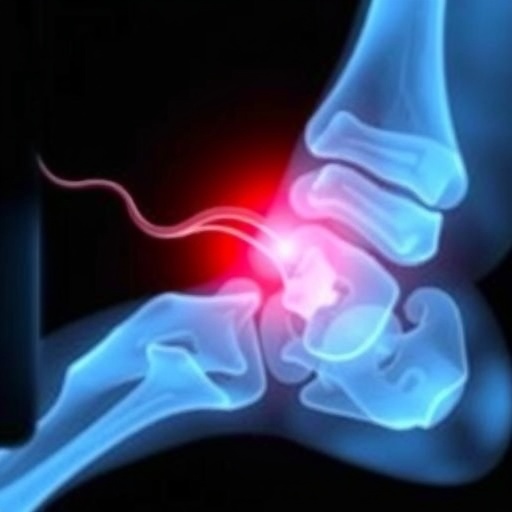Advanced imaging techniques have become a cornerstone in modern medicine, particularly for assessing joint conditions such as rheumatoid arthritis (RA). The complex nature of RA not only necessitates careful clinical evaluation but also demands precise imaging techniques to monitor the progression of joint damage over time. A recent research endeavor highlights the potential of deep learning models, particularly one employing an attention mechanism, to enhance the accuracy of automated scoring systems for X-ray images in patients with rheumatoid arthritis. This paradigm shift in assessing X-ray images could drastically improve patient outcomes through more reliable diagnostics.
In the context of this emerging technology, the researchers focused




